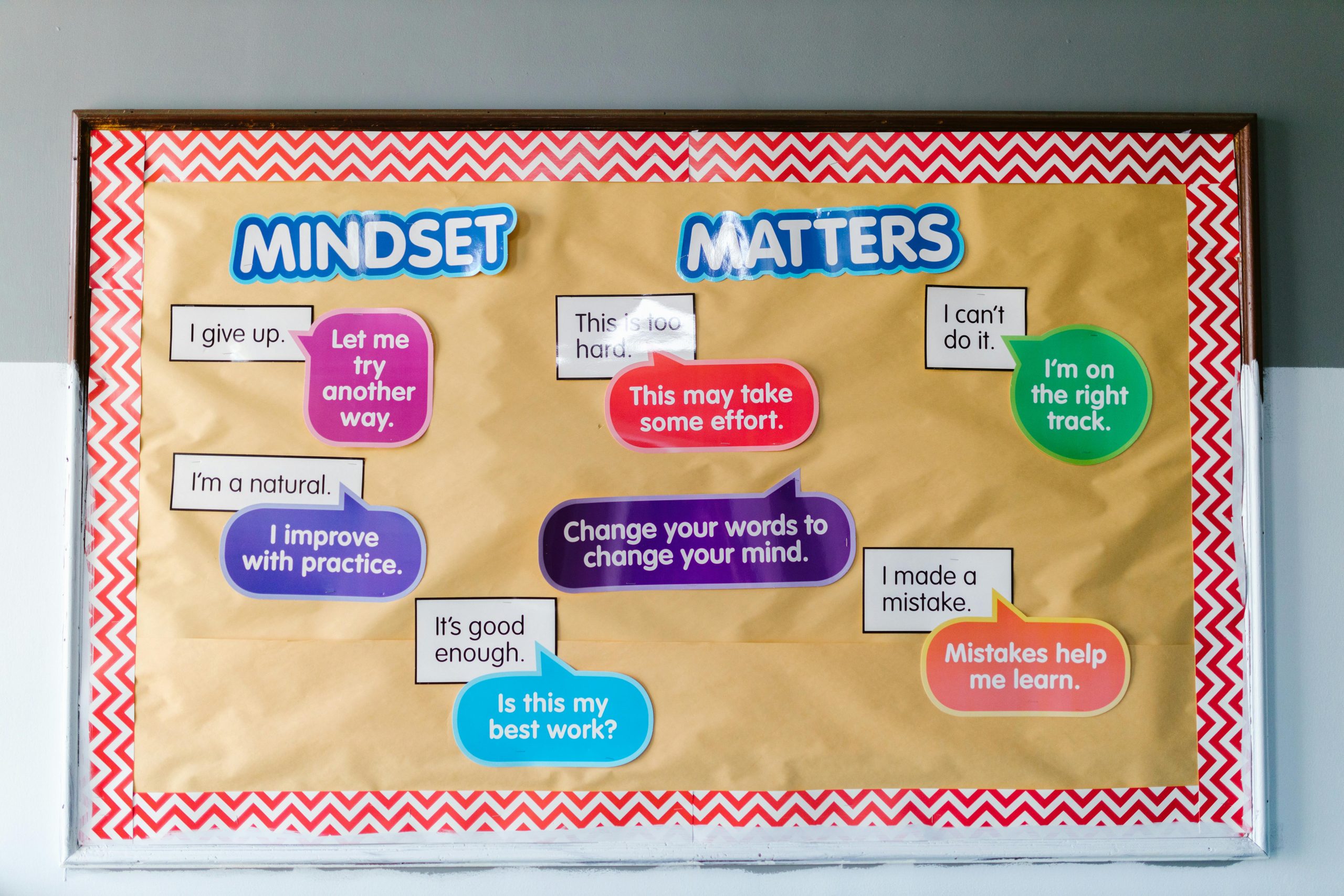Title: Navigating the Ethics of Advocacy and Choice in Public Education
As families and educators consider the complexities of providing quality education, a fundamental question arises: What is the most ethical and equitable path for families facing challenges with public schooling? Specifically, when parents need to advocate for their children’s unique needs, is it more justifiable to work within the public system or to seek alternative funding through private means?
This question touches on core values about fairness, resource allocation, and societal responsibility. For those involved in public education, it’s worth exploring the ethical implications of parents who actively challenge school districts to secure appropriate education when mainstream classroom settings fall short. Is pursuing legal action against a school district an ethical choice, or does it undermine the collective funding model that benefits all students?
From one perspective, every dollar directed toward individualized educational resources for one child is a dollar diverted from the general pool supporting other students. In cases where families hire legal counsel, concerns about resource competition and fairness come into play. Conversely, advocates argue that using personal financial means — including legal avenues — to push for better educational standards can potentially lead to systemic improvements. Such efforts may enhance the quality of public education for all children, including those who have no alternative options.
Historically, public education has been a core value, embodying the principle that every child deserves access to quality learning. Ideally, families should strive to make public schools work for their children whenever possible, since the sustainability and quality of public education benefit society as a whole. However, it’s crucial to recognize that children’s individual needs—especially those with special circumstances—may make traditional classrooms impractical or ineffective.
It’s important to remember that the child’s well-being and development take precedence over ideological debates. Children are not mere symbols of parental values; they are autonomous individuals with unique requirements. For children with suspected conditions or specific learning challenges, public schools may present significant hurdles, making alternative approaches necessary.
As I prepare my own child to enter the public school system, these considerations are very much at the forefront of my mind. The balance between advocating within the system and exploring other options is complex, and what feels ethically right can vary based on individual circumstances.
Ultimately, the discussion about the most equitable approach to education is ongoing. It requires honest reflection on societal responsibilities, the capabilities of public systems, and the best interests of each child. Navigating these choices demands empathy, fairness, and a deep commitment to ensuring all children receive the support they deserve.
